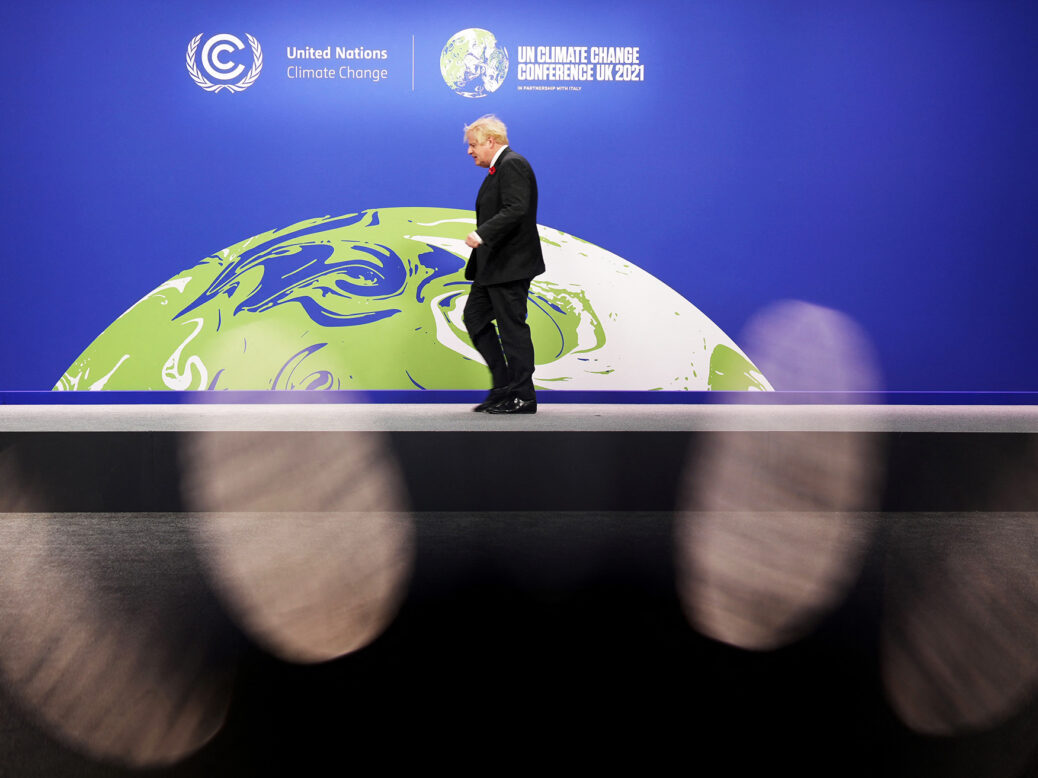
Boris Johnson will return to Glasgow on Wednesday (10 November) to urge countries negotiating at Cop26 to “put aside differences and come together for our planet and our people”.
“This is bigger than any one country,” the Prime Minister in a statement released by the UK government on Tuesday. “We need to pull out all the stops if we’re going to keep 1.5°C within our grasp.”
Pulling out all the stops is indeed what needs to happen.
Analysis published on the same day shows the world is still set to warm by 2.7°C by the end of the century, a million miles away from the ambition of 1.5°C set down in the Paris Agreement. Despite all the strong words and top-line ambition over last week, the authors of the report by NGO Carbon Action Tracker were scathing of the status quo.
“Policy implementation on the ground is advancing at a snail’s pace,” it said. “There is a massive credibility, action and commitment gap that casts a long and dark shadow of doubt over the net zero goals put forward.”
“Negotiating teams are doing the hard yards in these final days of Cop26 to turn promises into action on climate change,” said Johnson. “There’s still much to do. I’ll be meeting with ministers and negotiators to hear about where progress has been made and where the gaps must be bridged.”
Negotiators from nearly 200 countries have been in intensive talks since Sunday 31 October to reach agreement on a range of issues. These include agreeing a common timeframe for national commitments on emissions reductions, and a methodology for countries to report on their climate action. Making headway on providing finance for climate-vulnerable nations is also a key issue.
As president of Cop26, the UK is expected to release an updated draft cover document at midnight on Tuesday (9 November). This is the text that will form the basis of the final agreement all countries should sign off on by Friday evening.
The first draft published early on Tuesday was rejected by Greenpeace and many other groups for failing to mention fossil fuels despite expert consensus, led by the International Energy Agency, on the need to end new coal, oil and gas immediately.
“What’s very concerning here in Glasgow is that the first draft of the climate pact text is already exceptionally weak,” said Jennifer Morgan, executive director of Greenpeace International. “Usually the text starts with some ambition, which then gets watered down. To keep 1.5 alive, four words must be added: ‘fossil fuels phase out’, and countries must come back next year to close the gap.”
The Prime Minister will be joined in Glasgow by the UN secretary-general António Guterres.
[See also: In an age of “blah, blah, blah”, what should climate activism look like?]





